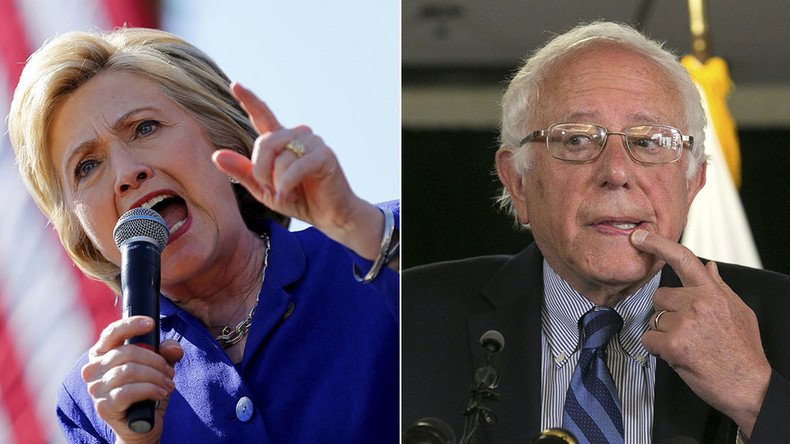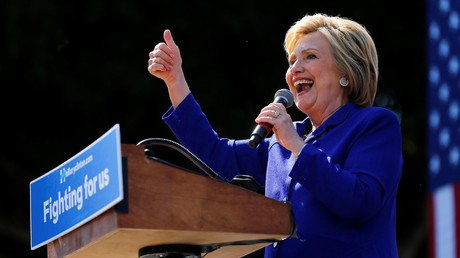Final Super Tuesday primary: Sanders seeks to upset Clinton in California, 5 other states

It ain’t over ‘til it’s over, and Tuesday, voters in California and five other states will help bring the Democratic primary to an end. Bernie Sanders has campaigned hard to keep Hillary Clinton within reach in the Golden State.
Montana, New Jersey, New Mexico, North Dakota and South Dakota are all in play Tuesday, but California eclipses them, offering 475 pledged delegates. That amounts to 12 percent of the entire spread of pledged delegates and 20 percent of the number needed to confirm the nomination, 2,383. Additionally, 73 superdelegates are at stake in California.
Late Monday, the Associated Press reported that Clinton secured the 2,383 delegates, including superdelegates, following an overwhelming win in the Puerto Rico primary. Sanders’ campaign called that report a “rush to judgment.”
CALIFORNIA
Indeed, Sanders stands to further shake up the primary process in the Golden State, where polls are tight. The Real Clear Politics average in California, based on three polls conducted there between May 26 and June 3, shows Clinton edging out Sanders, 47.7 to 45.7 percent.
Sanders, however, has hit 34 cities in the state in the last two weeks, garnering media attention for the size of his rallies. Clinton, for her part, has upped her game in the state as well, but with a laser beam focus on Donald Trump, the presumptive Republican nominee for president.
The Republican primary is also happening Tuesday, but the Democratic race is overshadowing it as Trump has no active opponents in his primary.
One advantage for Sanders that could make the difference he needs to win is the semi-open rules for voters. Registered voters who marked “decline to state” on their forms are allowed to vote alongside Democrats in the primary. Sanders’ insurgent campaign has proven popular with non-Democrats in other states thus far, helping him reach a total of 20 primary or caucus victories.
Voters in California will have from 7:00 am to 8:00 pm to vote, but lines could be long the whole day if recent record-breaking registration reports are any indicator. Since April 8, roughly 646,220 voters have registered, about three-fourths of whom are Democrats, according to the state’s secretary.
NEW JERSEY
The next biggest prize on Tuesday is New Jersey, where 126 delegates will be distributed proportionally, as is the method for all Democratic primary contests. Clinton, who won New York, is all but guaranteed to win here too. The Real Clear Politics average in New Jersey, based on two polls conducted there between May 10 and June 3, Clinton leads widely, with 57.5 percent to Sanders' 37 percent.
Twenty-one delegates are up for grabs in Montana. Montanans will vote 7:00 am to 7:00 pm.
Thirty-four delegates are available in New Mexico, where ballots will be turned in from 7:00 am to 7:00 pm.
South Dakotans, in a semi-open primary, also vote 7:00 am to 7:00 pm, determining how the state’s 20 delegates will be shared among the candidates.
In North Dakota, the only caucus state on Tuesday, 18 delegates will be assigned.













